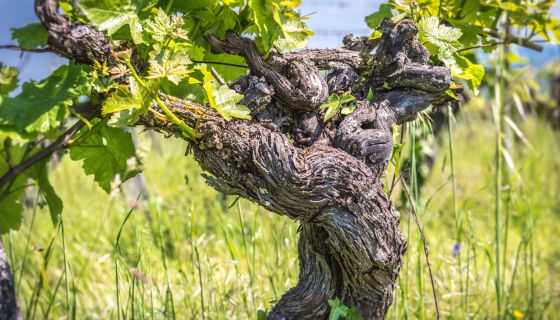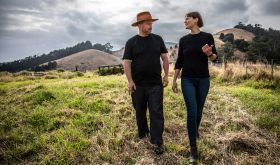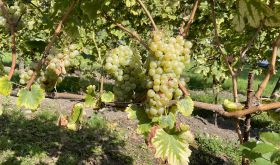It has taken us quite a time to read all 136 entries into our 2021 wine writing competition (WWC21) with its old-vine theme. We suggested a length of 500 to 2,000 words and many writers took full advantage of this, so, in terms of length, we read the equivalent of well over a quarter of an Oxford Companion to Wine, for example.
But we certainly aren’t complaining. We’ve always been impressed by the quality of writing in our annual competition (see links to previous competitions in Our 2021 wine writing competition). But this year’s haul has been superlative and, as we pointed out in this recent update, the range and qualifications of the writers is truly humbling. So much so that we would like to share about half of all the entries with you.
This means that we plan to publish two of these articles a day, Monday to Saturday, from next Monday 26 July until the end of August. Yes. Amazing! However, we are wary of filling up our home page with all these entries, and want everyone to be able to find everything else we publish as easily as possible.
So, as last year, we plan to have a guide to these entries, pinned on the home page and constantly updated. If you’re interested in these wonderful descriptions of a particularly ancient vineyard or vines all round the world, do visit this pinned guide on a regular basis.
But we’d like to point out that we are extremely grateful for all entries – even those we have reluctantly eliminated from those that will be published. They all help us compile the revised and dramatically updated version of our unique Old Vines Register that is planned – though will probably not see the light of day until later in the year. Thank you, everyone!
In early September we plan to publish a shortlist of the very best entries and will ask you to vote for your favourites before announcing our winner(s) and yours. We’ll of course be involving those organisations dedicated to preserving old vines, such as the Old Vine Conference in the UK, the Old Vine Project in South Africa, the Historic Vineyard Society in California and the Barossa Old Vine Charter.
We hope you enjoy reading these articles as much as we have. There is history, geography, economics and human drama in them. Just remember that our rule is that we don’t edit the original entries at all prior to publication, in order to publish them on a level playing field. So they won’t follow our carefully maintained style guide and may contain typos and even errors. And some entrants sent so many images that we will not be able to reproduce them all but will choose the most inspiring.













